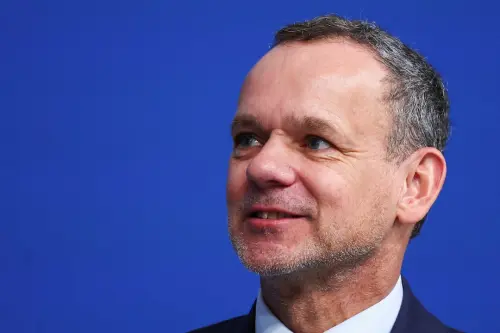Europe is entering a new era and must learn to be self-reliant in response to U.S. President Donald's recent policy changes, remarked Dutch Foreign Minister Caspar Veldkamp during a meeting of European Union foreign ministers in Brussels. He emphasized the need for Europe to establish its independent defense capability.
Addressing concerns about NATO's future, Friedrich Merz, the winner of Germany's general election, highlighted the importance of Europe quickly adapting to new challenges. Veldkamp stressed the need for European countries to work together, including with the UK and Norway, to address the shifting global landscape.
In light of recent geopolitical shifts, Veldkamp referenced former French President Charles de Gaulle, likening the current approach to a "Gaullist" stance, affirming commitment to transatlantic relations with a realistic outlook.
European officials are responding to Trump's actions regarding Ukraine and European security, culminating in the agreement on additional sanctions against Russia. A meeting scheduled for March 6 will focus on supporting Ukraine, enhancing European security, and addressing defense funding.
Despite acknowledging a change in U.S. rhetoric, Czech Foreign Minister Jan Lipavsky underscored the importance of maintaining engagement with the United States while emphasizing Europe's strength and unity.
In a show of solidarity with Ukraine, European Commission President Ursula von der Leyen pledged increased support, including expedited arms delivery. European plans to enhance defense capabilities include scaling up arms production, with a recent EU sanctions package targeting Russia's evasion tactics.
